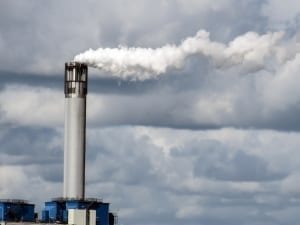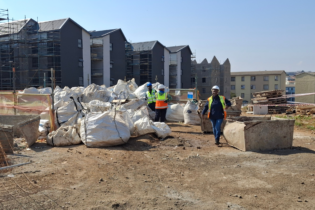 Scientists at the University of Dundee have discovered that E. coli bacteria could play a crucial role in capturing and storing carbon dioxide.
Scientists at the University of Dundee have discovered that E. coli bacteria could play a crucial role in capturing and storing carbon dioxide.
Speeding up the natural process
According to Professor Sargent the E. coli bacterium can grow in the complete absence of oxygen. When it does this it makes a special metal-containing enzyme, called ‘FHL’, which can interconvert gaseous carbon dioxide with liquid formic acid.“This could provide an opportunity to capture carbon dioxide into a manageable product that is easily stored, controlled or even used to make other things. The trouble is the normal conversion process is slow and sometime unreliable,” he explains.
What the scientists have done is develop a process that places the FHL enzyme under pressurised carbon dioxide and hydrogen gas mixtures to speed up the process. “This could be an important breakthrough in biotechnology. It should be possible to optimise the system still further and finally develop a `microbial cell factory’ that could be used to mop up carbon dioxide from many different types of industry,” Professor Sargent notes.





